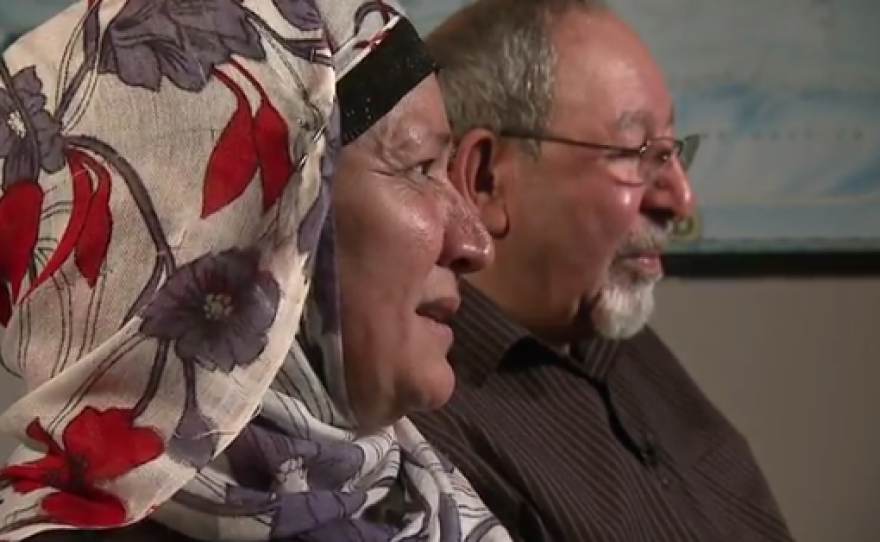San Diego’s Survivors of Torture International Organization estimates more than 12,000 refugees live in the county.
Many are victims of torture, including a growing number of children said Kathi Anderson, executive director of Survivors of Torture International San Diego.
“Of the survivors living in San Diego, about 10 percent are now children,” Anderson said.
Parents of one those children include Thabit Kahalaf and Nisreen Hasan.
After the fall of Baghdad in 2003, the American government began to rebuild the city. Kahalaf was an architect and university professor in Iraq, suspected of participating in the redevelopment.
“Al Qaida terrorist did not want the redevelopment to happen,” he explained.
“They started kidnapping people [who were] taking part in the redevelopment of Iraq, and because I was an architect, they kidnapped my boy,” Kahalaf said.
He has not seen or heard from his son since.
“I paid ransom but we could not get my boy. Then, they threatened my other boys and my family, we had to leave the country,” said Kahalaf.
After receiving asylum from the United Nations, the family arrived in San Diego in 2009. Fortunately he said, they were referred to the local survivors organization.
Kahalaf’s story is similar to the 200 survivors seen at the organization each year, said Anderson.
“Most of them are well educated in their home countries. They’re the ones that standup for human rights, equal rights for their religion, for principals of democracy—and for that they are tortured,” Anderson explained.
Kahalaf’s wife, Nisreen Hasan said they are grateful for the refuge in San Diego—especially the kindness from others here.
“At first, I wore everything black, even my head scarf. I felt people would not accept me, but all of the people [we met] said hi, welcome. I feel safe here,” Hasan said.
Now the family wants to give back. Hasan is writing about experience.
“I’m busy with writing my book, afterward I want to go to college” she said.
Kahalaf said he’s seeking architect work in San Diego, and he helps other refugees assimilate—with words of encouragement and advice.
“We are not here for a vacation, we are here to be citizens of this country, to pay our taxes, to contribute to this society,” he said smiling.






